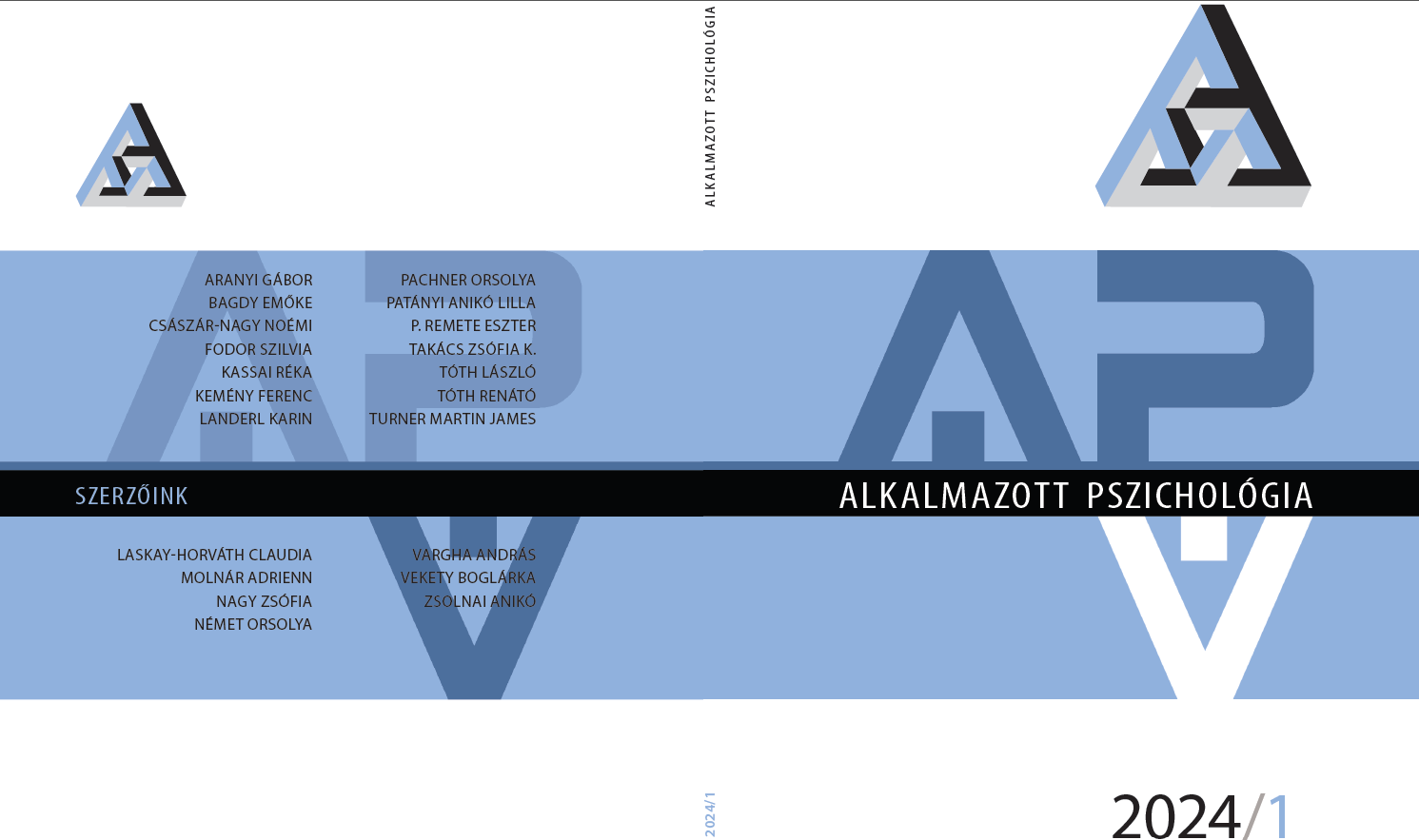ASSESSING LEXICAL ACCESS AND SEQUENTIAL DECODING RELIABLY: THE READING TEST OF VAS (VOLT)
DOI:
https://doi.org/10.17627/ALKPSZICH.2024.1.7Keywords:
reading, word reading, word recognition, pseudoword reading, sequential decodingAbstract
Background and aims: Reading is a central skill that helps to cope with the requirements of everyday life. This simple view assumes two components of reading: decoding and language comprehension. Methods for reading skills are seldom so focused. The manuscript describes the Vasi Olvasástesztet (VOLT). Based on the dual-route model of reading, VOLT examines lexical access (word reading) and sequential decoding (pseudoword reading) separately. Furthermore, the test allows repeated assessment within a short amount of time.
Methods: During the development of the test, we assessed primary school children from Vas County on four subtests. Eleven different age groups were recruited from the spring semester of first grade to the spring semester of sixth grade. Data collection was confined to a short period of seven weeks in each semester.
Results: Reading skills continuously improve with the time spent in education. The correlation between word- and pseudo-word reading decrease, whereas reading times on the identical subtests are still highly correlated. Finally, the time spent in education (in semesters) is a better predictor of reading skills than age.
Discussion: The described reading test is validated by the theory it is based on, as well as similar word- and pseudoword reading tests that are used in different languages. Test-retest reliability provided by the two equivalent lists is high. In sum, it is suggested for measuring decoding abilities. Along with the skill assessment, the test helps the identification of impairments in reading (e.g. dyslexia).
